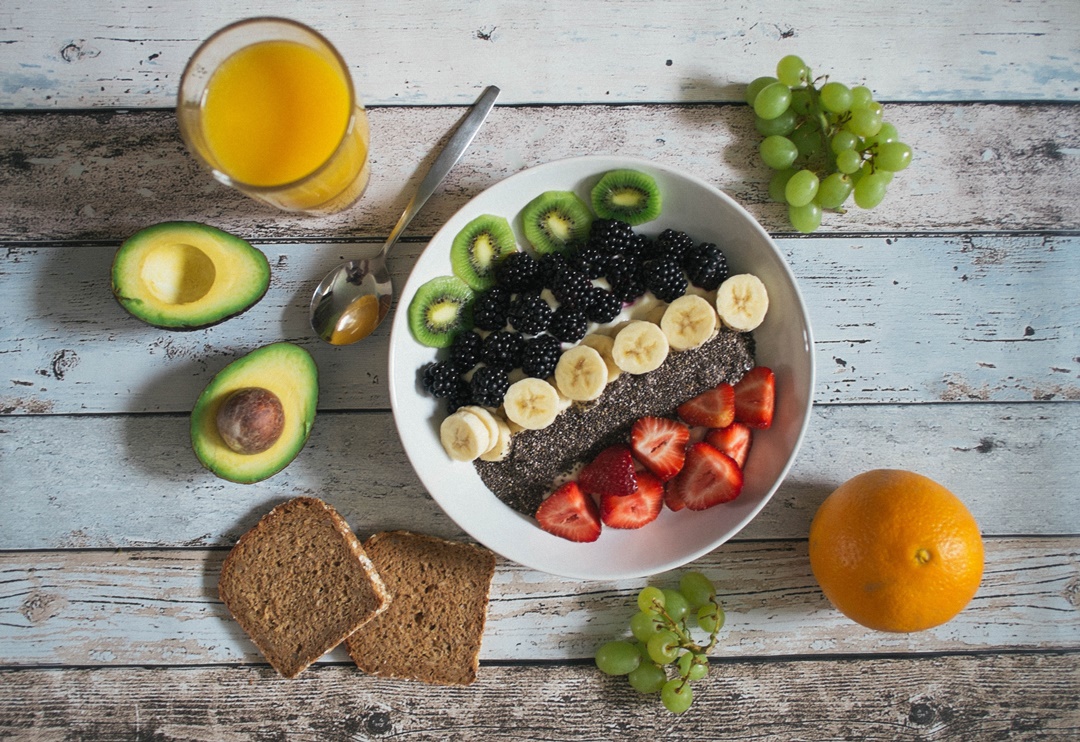Today, we’re going to shed light on another neglected nutrient – the non-digestible carbohydrate found in foods: Fiber.
A whopping 96% of the population does not consume the daily recommended amount of fiber! Men need 35 grams and women 28 grams of fiber daily… but on average Americans are only getting around 16 grams of fiber a day!
Fiber has various health benefits: it keeps you regular, reduces hunger, helps maintain healthy cholesterol levels, and reduces the risk of certain cancers.
There are many types of fiber – some serve a purpose and others are useless. Fiber is most often categorized as soluble or insoluble meaning it dissolves in water or doesn’t. Soluble has various metabolic health benefits while insoluble is used as a bulking agent to speed the passage of food and waste through.
Soluble fibers are viscous that enhance your feelings of being full, reduce your appetite, and aid in weight loss. When you consume soluble fibers they form a gel that helps slow down the digestion process to help absorb nutrients. Soluble fibers can reduce blood cholesterol and sugar and improve blood glucose control. Soluble fibers include gums, pectins, beta-glucans, and psyllium.
Insoluble fiber draws water to your stool making for an easier, strain-free bowel movement. It promotes regularity and insulin sensitivity reducing your risk for diabetes. If you struggle with digestion problems, bulk up on your insoluble fibers. Insoluble fibers include lignin and cellulose.
Plant foods have varying proportions of both. Don’t think of fiber as the powder stirred into water to relieve constipation. Think about it as cruciferous vegetables like broccoli and Brussels sprouts, or leafy greens like spinach and kale. Berries and apples are rich in fiber and so are avocados and artichokes.
Replace white pasta and bread with whole grains or barley. Beans and legumes are famous for fiber, think about the “beans, beans they’re good for your heart, the more you eat the more you fart” tune. Catchy and so true.
Not all fiber is created equal. There are several fibers with health implications, the most common is fructans. Fructans are a fiber known to cause digestive issues. Fructans trigger adverse symptoms in 75% of people with irritable bowel syndrome. The biggest source of fructan is wheat, gluten’s main dietary source and the cause of Celiac Disease.
Adequate fiber intake reduces the risk of chronic disease and benefits your digestion. Most of the benefits of fiber are mediated by your gut and the bacteria that live in your digestive system. As we learn more about where our foods come from, the purposes they serve, and the benefits they provide, it’s important to understand how our bodies react to these nutrients.
Are you consuming enough fiber in your diet? What are your favorite tricks for boosting your fiber intake?






